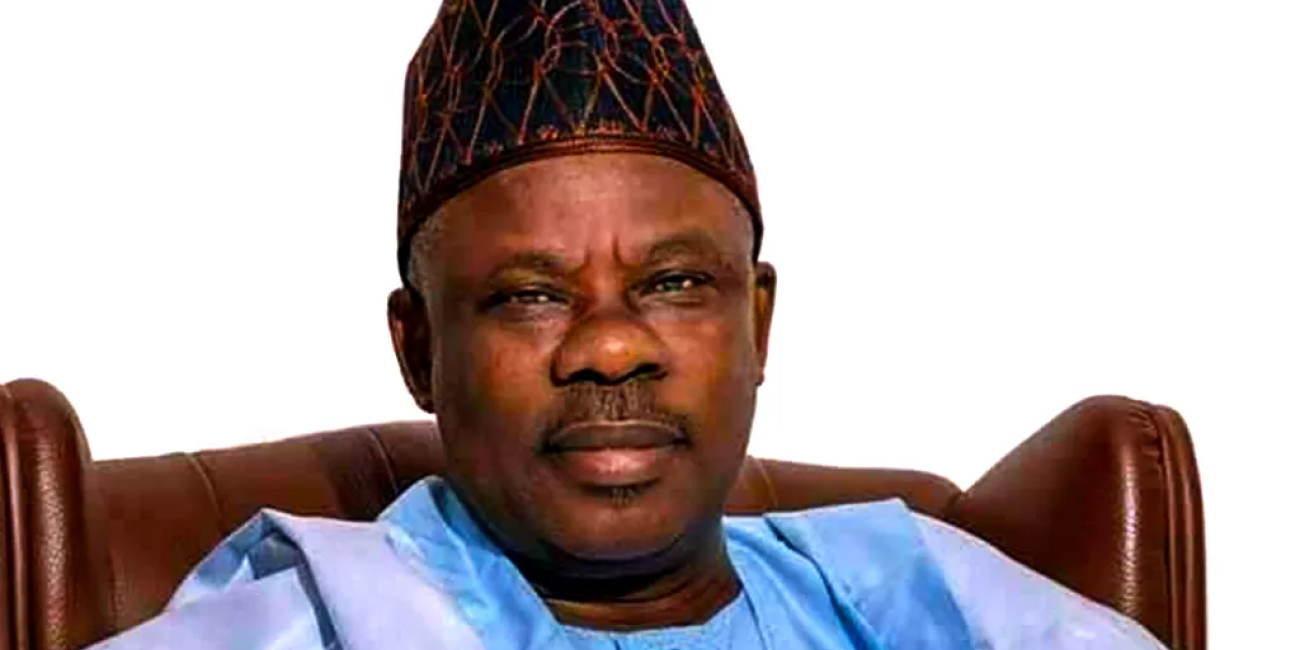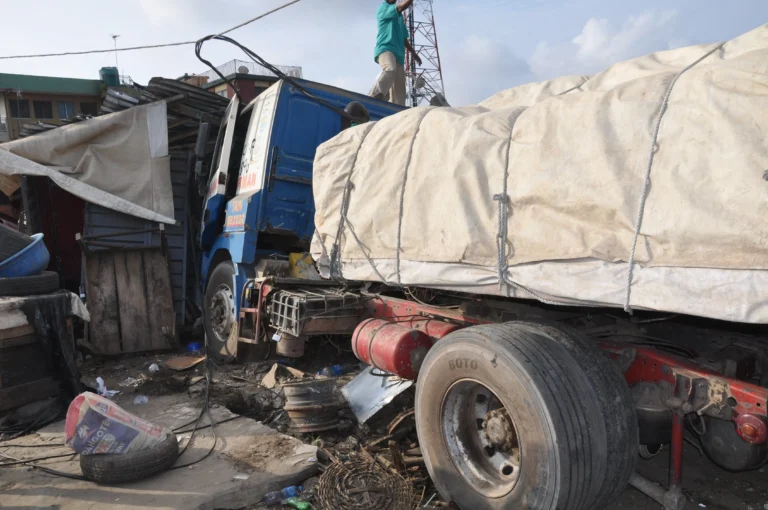
The British Virgin Islands High Court has ruled in favour of Chinese investors, Zhongshan, granting them the authority to seize $25 million (£20 million) from Nigeria’s foreign assets.
The ruling follows a failed trade zone agreement in Ogun State dating back to the early 2000s under then-Governor Ibikunle Amosun, according to documents obtained by Peoples Gazette.
Justice Paul Webster ruled on November 8, asserting that Nigeria is not immune from enforcing an arbitral award due to the bilateral investment treaty between China and Nigeria.
The treaty explicitly commits both nations to the enforcement of such awards.
“The phrase ‘both contracting parties shall commit to the enforcement of the award’ signifies Nigeria’s written consent to waive immunity in this context,” Justice Webster declared.
The Peoples Gazette reports that the judge ruled that under Section 13(3) of the State Immunity Act 1978, the British Virgin Islands must allow Zhongshan to enforce a judgment debt against Nigeria, originating from the United Kingdom.
This decision adds to a growing list of legal defeats Nigeria has faced in international courts in recent years. Following the UK’s initial ruling, courts in France, Belgium, Canada, the United States, and the British Virgin Islands, among others, have upheld Nigeria’s liability to settle the debt, rejecting its claims of sovereign immunity as baseless and unenforceable in the case against Zhongshan.
Represented by King’s Counsel Timothy Otty and Lauren Peaty of Withers British Virgin Islands, Zhongshan pursued legal redress after alleging that former Ogun State Governor Ibikunle Amosun abruptly terminated a trade zone agreement.
The investors further accused Amosun of orchestrating their detention and authorizing their torture through security agents.
In response to Nigeria’s alleged violations of the trade zone contract, the aggrieved investors sought justice in courts worldwide, securing rulings to confiscate Nigerian assets as compensation for their ordeal.
Meanwhile, Zhongshang has targeted Nigeria’s USD-denominated crude oil earnings held in the U.S. at JP Morgan in a bid to enforce a $70 million arbitration award.
However, Nigeria, determined to protect its assets, has employed delaying tactics in the American legal system to stall asset seizures.
U.S. courts have already dismissed Nigeria’s claims to sovereign immunity, prompting the country to escalate the case to the Supreme Court.
On November 7, Nigeria filed a writ of certiorari, seeking a review of the lower court’s rulings. Until the Supreme Court decides whether to hear the case, the U.S. Appeals Court has barred Chinese investors from withdrawing funds from Nigeria’s JP Morgan account.
Meanwhile, Zhongshang, eager to recover the arbitration award, has started seizing Nigerian assets abroad. These include two guesthouses in Liverpool, UK, and two aircraft in France and Canada.
The controversy started from a trade agreement signed under former Governor Amosun, who admitted in August to signing the contracts without verifying Zhongshang’s claims.


